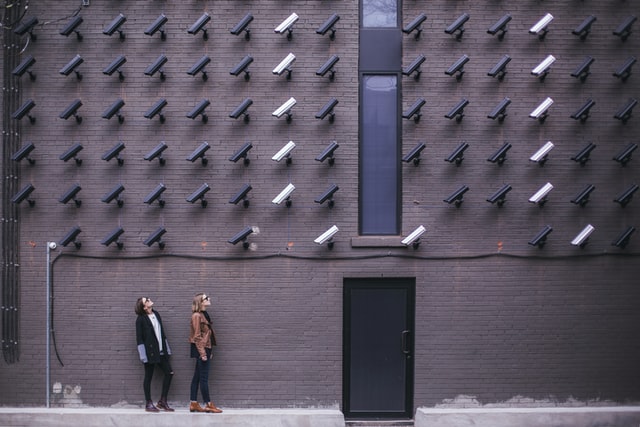Current communications research takes up the political and ethical problems posed by new surveillance technologies in public space, ranging from biometric technologies adopted by state security apparatuses to self- and peer-monitoring applications for the consumer market. In addition to studies that examine new surveillance technologies, scholars are tracking intensive and extensive expansions of surveillance in the name of risk management. Much of the scholarship produced in the last 15 years looks at how the establishment and expansion of the Department of Homeland Security within the United States and its international counterparts have dramatically altered security, military, and legal practices and cultures. Within this context what were once science fiction dystopias have become funded research and development projects and institutionalized practices aimed at remote data collection and processing, including facial recognition technology and a variety of remote sensing devices. Private-public partnerships between companies like Google and Homeland Security fusion centers have made it possible to use GPS technology to network data that promises to help manage a variety of natural and man-made disasters.
The discipline of communication studies is capable of addressing the full spectrum of surveillance in public space, from acts of direct surveillance to the mass surveillance of populations enabled by networked technologies (e.g., searchable databases of cell phone records). Researchers tend to agree that hard and fast distinctions between live and mediated contexts of surveillance (or “dataveillance” and “direct surveillance,” to use Anthony Giddens’s terminology) are becoming more difficult to maintain in a historical moment in which some people simultaneously inhabit, act, work, shop, socialize, and move through physical and virtual environments in a manner that not only blurs those boundaries but makes it difficult to know in any given moment, which realm has priority.
Read the full article on COMMUNICATION
Author: Rachel Hall
Recommended by Luisa Bravo











More Stories
A stealthy reimagining of urban public space by Elizabeth Diller
Security by Design: Protection of public spaces from terrorist attacks
A Blueprint for Public Realm Leadership